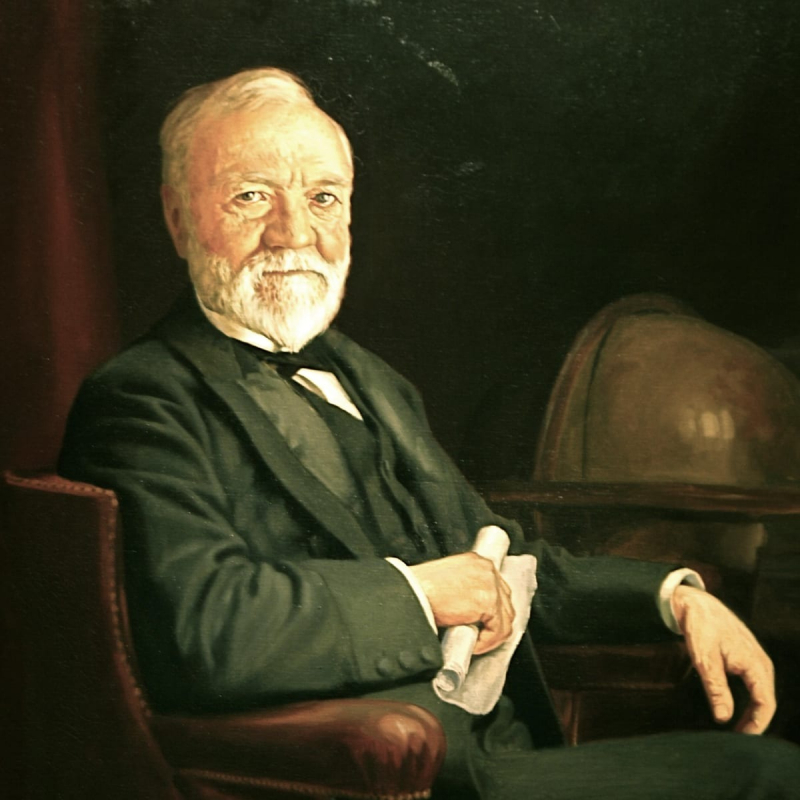He focused on philanthropic ventures during his final years
In 1901, Andrew Carnegie stopped operating for profit. He made the decision to concentrate his energies on giving back to the country with the significant amount of money he had amassed. He formed a number of charities and allied causes because he had a lifetime appreciation for equality, social justice, and education. This includes the Carnegie Institution of Science, Carnegie Endowment for International Peace, and Carnegie-Mellon University.
To further improve the lives of the people of his hometown, he also founded the Carnegie Dunfermline Trust. On August 11, 1919, Andrew Carnegie passed away in his Massachusetts estate and was interred in Sleepy Hollow, New York. His remaining money was donated to charities, and the legacy he left behind is still in effect today.
Carnegie was honored for his philanthropy and support of the arts by initiation as an honorary member of Phi Mu Alpha Sinfonia fraternity on October 14, 1917, at the New England Conservatory of Music in Boston, Massachusetts. The fraternity's goal of encouraging young men to contribute their talents in order to foster peace in the world is a reflection of Carnegie's principles.








